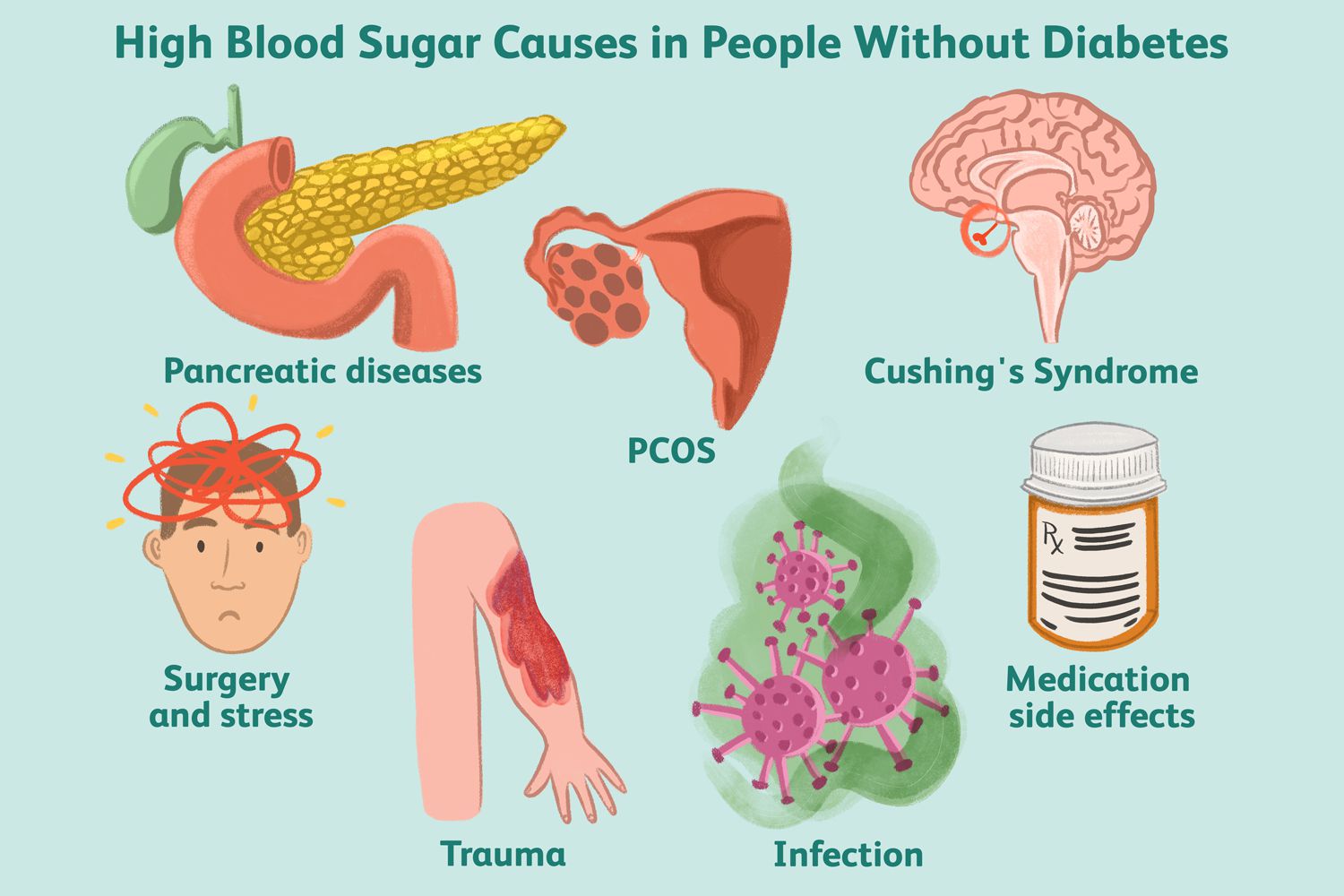
You don’t skip meals. You try to eat balanced. Still, something feels off. You feel tired, unfocused, and heavy—but your blood sugar is “normal.” So you move on. You blame sleep. Or stress.
But glucose doesn’t need to spike to cause damage. It can hover just high enough. Long enough. Quietly enough. To start changing everything without showing up in red.
Blood sugar matters even when there’s no diagnosis. Especially then.
Your brain relies on steady glucose more than you realize
You forget words. You reread the same sentence. Your mind slips out of focus. Your brain relies on steady glucose more than you realize.
It doesn’t like sudden drops. Or slow climbs. It works best in rhythm. Even small imbalances disrupt memory, clarity, and emotional regulation.
You don’t need diabetes to feel the fog. You just need enough sugar instability for your brain to stop listening clearly.
Energy crashes aren’t always about sleep
You wake up tired. You crash mid-morning. Or after lunch. Energy crashes aren’t always about sleep. They’re about blood sugar peaking, then dropping too fast.
You eat. You spike. You fall. That fall feels like exhaustion, impatience, sometimes sadness. You drink more coffee. But caffeine can’t fix a crash.
Glucose doesn’t just fuel energy. It shapes how you move through the hours. How long you last in them.
Hunger that comes too quickly might be chemical
You eat a full meal. Two hours later, you’re starving. Hunger that comes too quickly might be chemical. It might be insulin rising too high, too fast.
Your cells get flooded with insulin. Glucose drops. The body panics. It asks for more. Not because it’s empty, but because it’s confused.
And every cycle like this wears out your stability a little more.
Sleep gets lighter when glucose gets higher
You sleep through the night—but you don’t feel rested. Sleep gets lighter when glucose gets higher. It interrupts your deep sleep. Raises your heart rate. Shortens your dreams.
And sometimes you don’t wake up. But your nervous system does. It doesn’t fully rest. And that affects everything the next day.
Stable glucose brings deeper sleep. That’s why tracking your night can reveal more than just rest.
Cravings are often a sign, not a weakness
You crave sugar. Salt. Bread. You tell yourself to resist. But cravings are often a sign, not a weakness. They’re your body trying to reset glucose.
When sugar dips, cravings rise. That’s not willpower failing—it’s biochemistry reacting. And ignoring it doesn’t fix the cause.
Understanding cravings means understanding how your sugar fluctuates before meals, after stress, and in stillness.
Mood swings follow blood sugar more than emotions
You feel fine. Then anxious. Then fine again. Mood swings follow blood sugar more than emotions. Especially when meals are unbalanced or mistimed.
You’re not unstable. Your glucose is. And emotions follow glucose more often than we think.
Balancing meals can balance mood. Not because food is therapy—but because chemistry is.
You can be insulin resistant without being diabetic
You eat “healthy.” But you’re always hungry. Always tired. You can be insulin resistant without being diabetic. The body needs more insulin to do the same job.
Over time, the pancreas gets louder. Fatigue builds. Weight collects in new places. And blood sugar still looks “fine.”
But fine doesn’t mean functional. It just means undiagnosed.
Pre-diabetes is often silent—but active
You won’t feel pre-diabetes. Not at first. Pre-diabetes is often silent—but active. It begins with glucose creeping up just enough to change your energy.
It changes how your body handles carbs. How your muscles respond to meals. How your brain thinks under pressure.
You don’t need a label for your glucose to be working against you.
Managing glucose is about attention, not restriction
You don’t need to cut carbs. Or go extreme. Managing glucose is about attention, not restriction. It’s about balance. Timing. Protein. Movement.
It’s about noticing how you feel after meals. How long your energy lasts. How your sleep responds to your snacks.
You don’t wait for diabetes. You build rhythm before the system starts to fall apart.
